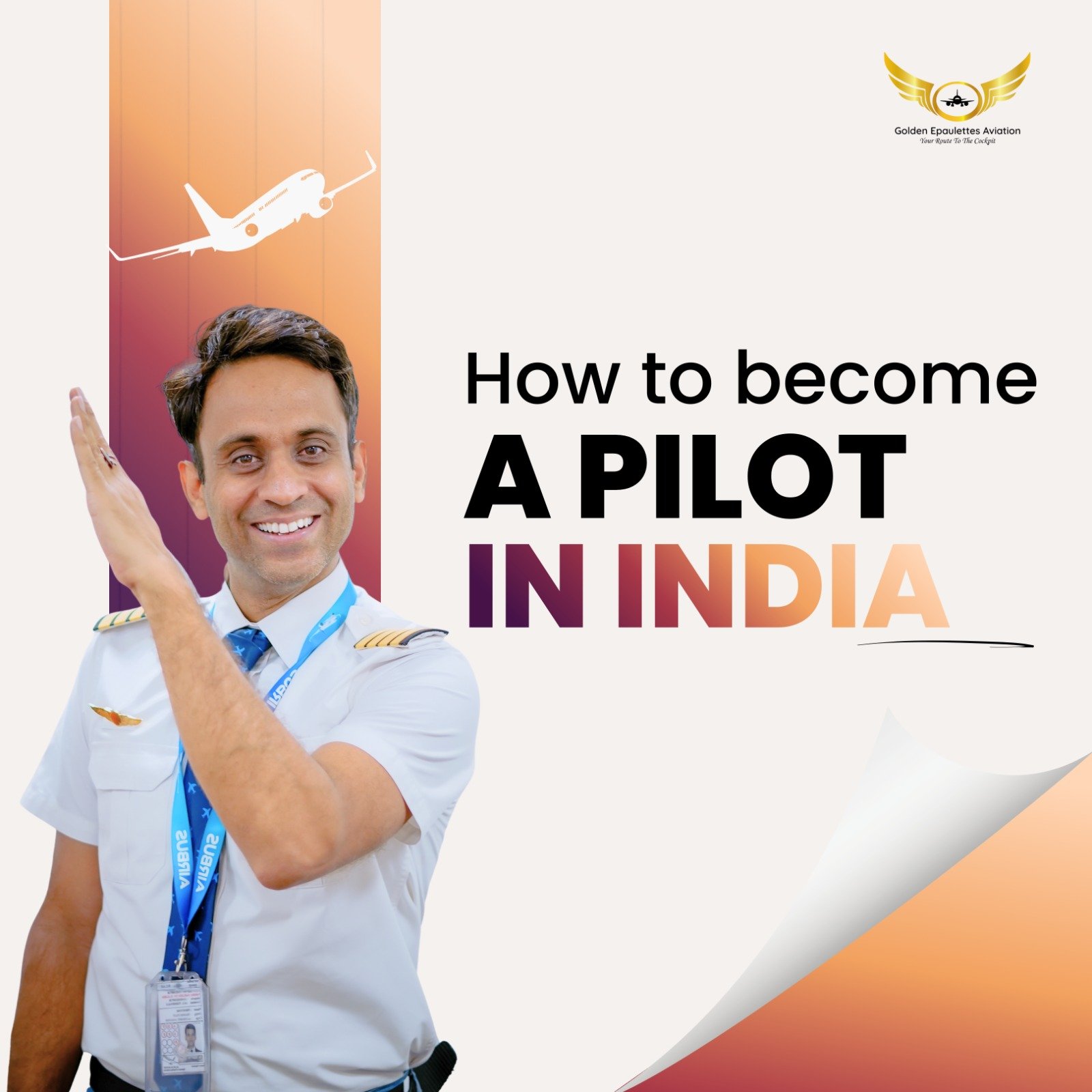How to Become a Pilot: Complete Career Guide
Content will be added soon
 Menu
Menu
Pilot Programs
The Skills Needed to Become a Pilot
Capt. Deval Soni
Author

Thank you! Our team will contact you shortly on WhatsApp.